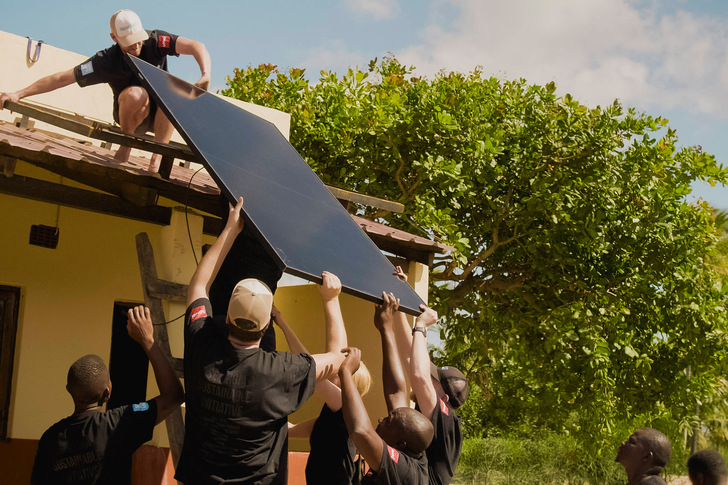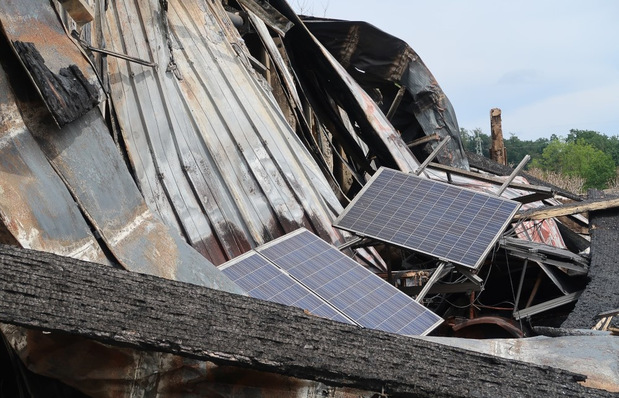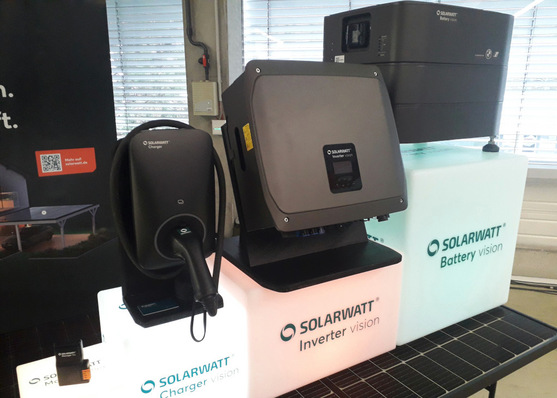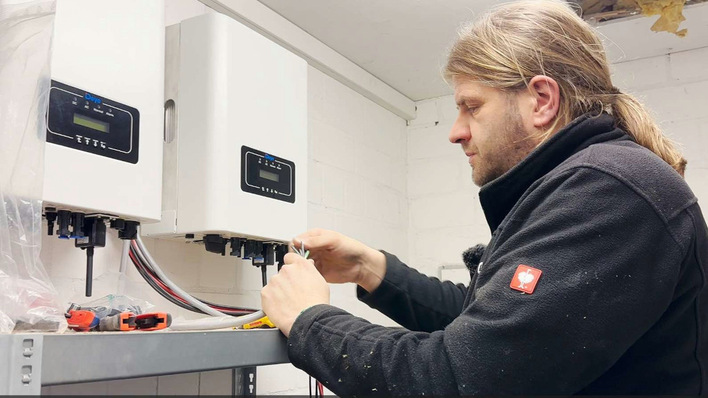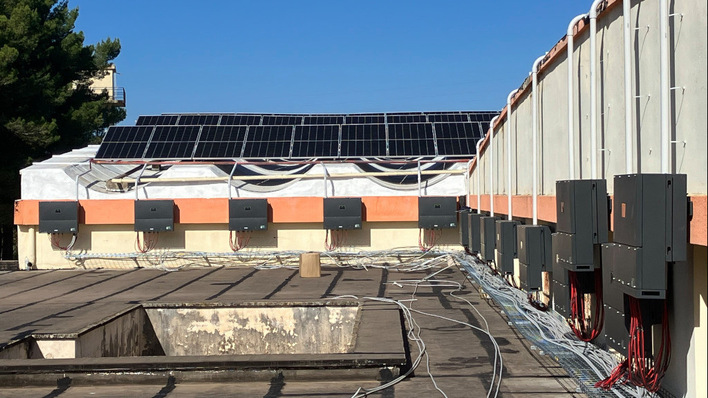After constructing a water tower and installing LONGi solar panels on the roof of the clinic, the team was able to power a water pump that continuously fills the water tank, providing freshwater to the maternity clinic. The lack of fresh, running water remains a major problem in many parts of Africa. Sanitation and hygiene are fundamental to improving standards of living for people and at the same time decrease maternal and infant mortality. 58 babies have been born in the Linga Linga maternity clinic since the project was completed in May 2024.
Close collaboration with African communities and authorities is key
For projects that have an impact on and involve local communities, Project Vita ensured close collaboration with all relevant authorities. They jointly decided on the best and most feasible solution, and most importantly, on a smooth implementation.
See also: Solar Grandmothers initiative contributes to the rural energy transition
The construction of the maternity clinic marked the beginning of a journey for Linga Linga, a rural village in Mozambique's Inhambane province. The nearest accessible health facility for childbirth is in Morrumbene, a town about 30 kilometers from the village.
As a result, most women in Linga Linga gave birth at home or on the road while trying to walk to Morrumbene for help. Morrumbene’s Mayor and the chieftain of the village asked Project Vita for help in improving Linga Linga and Morrumbene district where one of the projects was a place where women could give birth in safer conditions.
Working with local community members, the maternity clinic was built in the village next to the newly built health clinic that had been closed for 3 years because of lack of energy but could now open because of the support. In addition to delivery facilities, the maternity clinic will provide antenatal and postnatal care.
Simple off-grid energy solutions can save lives
The solar-powered freshwater solution for Linga Linga’s clinic is an important addition. With an average of 17 babies born each month at this clinic, the availability of clean tap water is essential to reducing the risk of infection and complications for mothers during labor and delivery, while also improving the daily routine of the clinic's dedicated nurses.
Also interesting: New report shows potential for photovoltaics in Africa
Despite a global decline in the maternal mortality ratio (MMR) to 34.2% between 2000 and 2020, the MMR in the African region remains very high according to the integrated African Health Observatory (iAHO) and the World Health Organization (WHO). In 2020, 69% of global maternal deaths have occurred in the African region. (mfo)

